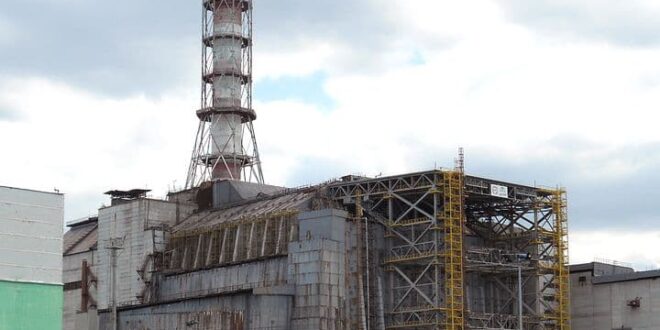The Chernobyl disaster was a catastrophic nuclear accident that occurred on April 26, 1986, at the No. 4 reactor in the Chernobyl Nuclear Power Plant, located in northern Ukraine. The explosion and fire resulted in the release of radioactive material into the atmosphere, which spread to many parts of Europe, causing widespread health problems and environmental damage.
The disaster had a significant impact on global nuclear policy, leading to heightened safety regulations and increased public awareness about the potential dangers of nuclear power. The long-term effects of the disaster are still being studied, but it is estimated that tens of thousands of people may have died as a result of exposure to radiation.
How has the Chernobyl disaster affected the way countries approach nuclear energy production and safety regulations?
The Chernobyl disaster had a significant impact on the way countries approach nuclear energy production and safety regulations. In the aftermath of the disaster, countries around the world began to implement stricter safety regulations and procedures to prevent similar accidents from occurring. Governments began to increase their investment in nuclear safety and security, including heightened inspections, training for workers, and development of new technologies.
Additionally, the disaster sparked public debate over the safety of nuclear power, leading to increased public awareness and scrutiny of the industry. As a result, many countries have shifted their focus towards renewable energy sources, such as solar and wind power, as an alternative to nuclear energy.
Overall, the Chernobyl disaster has played a major role in shaping the approach to nuclear energy and safety regulations around the world, and its impact continues to be felt to this day.
How have the safety regulations and procedures implemented after the Chernobyl disaster impacted the global nuclear energy industry?
The safety regulations and procedures implemented after the Chernobyl disaster have had a significant impact on the global nuclear energy industry. In the aftermath of the disaster, many countries implemented stricter safety measures and regulations to ensure that such a catastrophic event would never happen again.
One major change that occurred was the implementation of stricter licensing requirements for nuclear facilities such as more thorough background checks for employees, as well as more comprehensive safety training and emergency response plans.
Additionally, many countries began to invest more heavily in research and development of new, safer nuclear technologies. These include advanced reactor designs that are less susceptible to accidents, as well as improved systems for managing and disposing of nuclear waste.
In short, while the Chernobyl disaster was a tragedy that had far-reaching consequences, it also sparked a renewed focus on safety and innovation within the global nuclear energy industry. Today, there are many promising developments in nuclear technology that offer the potential for safe, sustainable energy production in the years to come.
Cheers!!












